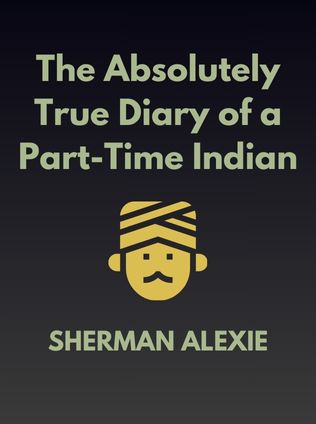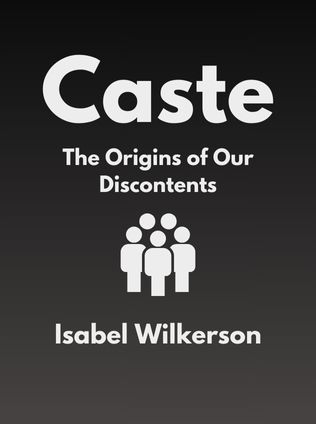
About the Author
Ezra Klein is a prominent American journalist, political commentator, and co-founder of Vox, a news website that focuses on explaining the news with a clear and analytical approach. Known for his deep understanding of political science and his ability to distill complex ideas into accessible insights, Klein has made a significant impact on American media. His work often bridges the gap between academia and public discourse, offering readers a lens through which to better understand the dynamics of modern politics. With "Why We’re Polarized," Klein builds on his extensive experience in journalism and political analysis to explore one of the most pressing issues in American society today—political polarization.
Main Idea
In "Why We’re Polarized," Ezra Klein argues that the intense division in American politics is not just a matter of differing opinions on policy but is deeply rooted in the identities of the electorate. These identities, encompassing race, religion, geography, and socioeconomic status, have aligned so closely with political parties that the divisions have become almost tribal. This alignment has transformed American politics into a winner-take-all struggle, where compromise is not only difficult but seen as a betrayal. Klein’s book delves into the history, mechanics, and consequences of this polarization, offering both a diagnosis of the problem and potential solutions to mitigate its effects.
Table of Contents
- Introduction
- The Roots of Modern Polarization
- The Dynamics of Polarization
- Polarization's Unequal Impact on Political Parties
- Responding to Polarization
- Conclusion
Introduction
Ezra Klein begins "Why We’re Polarized" by setting the stage for understanding the deep divisions that define American politics today. He observes that the polarization we see is not merely a symptom of political disagreements but is deeply intertwined with the identities that define us as individuals. Klein argues that these identities—be they racial, religious, or cultural—have become so closely aligned with our political affiliations that they now drive our political behavior more than any specific issue or policy.
Klein writes, “We are not divided because we differ on the issues; we differ on the issues because we are divided.” This quote encapsulates the central thesis of the book: our political affiliations have become overarching super-identities that shape our perceptions, our values, and even our understanding of facts.
The Roots of Modern Polarization
To understand how we arrived at this polarized state, Klein takes us back to the mid-20th century, a time when American politics was less ideologically divided. During this period, both the Democratic and Republican parties were broad coalitions with significant ideological overlap. For example, there were liberal Republicans in the Northeast and conservative Democrats in the South, commonly known as Dixiecrats. This overlap made bipartisan cooperation more feasible, as legislators from both parties often found common ground.
However, the Civil Rights Movement of the 1960s began to reshape these coalitions. The passage of the Civil Rights Act and the Voting Rights Act, both under a Democratic administration, marked a turning point. These landmark legislations alienated the conservative Dixiecrats, who began to shift their allegiance to the Republican Party. This realignment set the stage for the ideological sorting that would define the two major parties in the decades to come.
Sign up for FREE and get access to 1,400+ books summaries.
You May Also Like
Freakonomics
A Rogue Economist Explores the Hidden Side of Everything
By Steven D. Levitt and Stephen J. DubnerI Am Malala
The Story of the Girl Who Stood Up for Education and Was Shot by the Taliban
By Malala Yousafzai



















